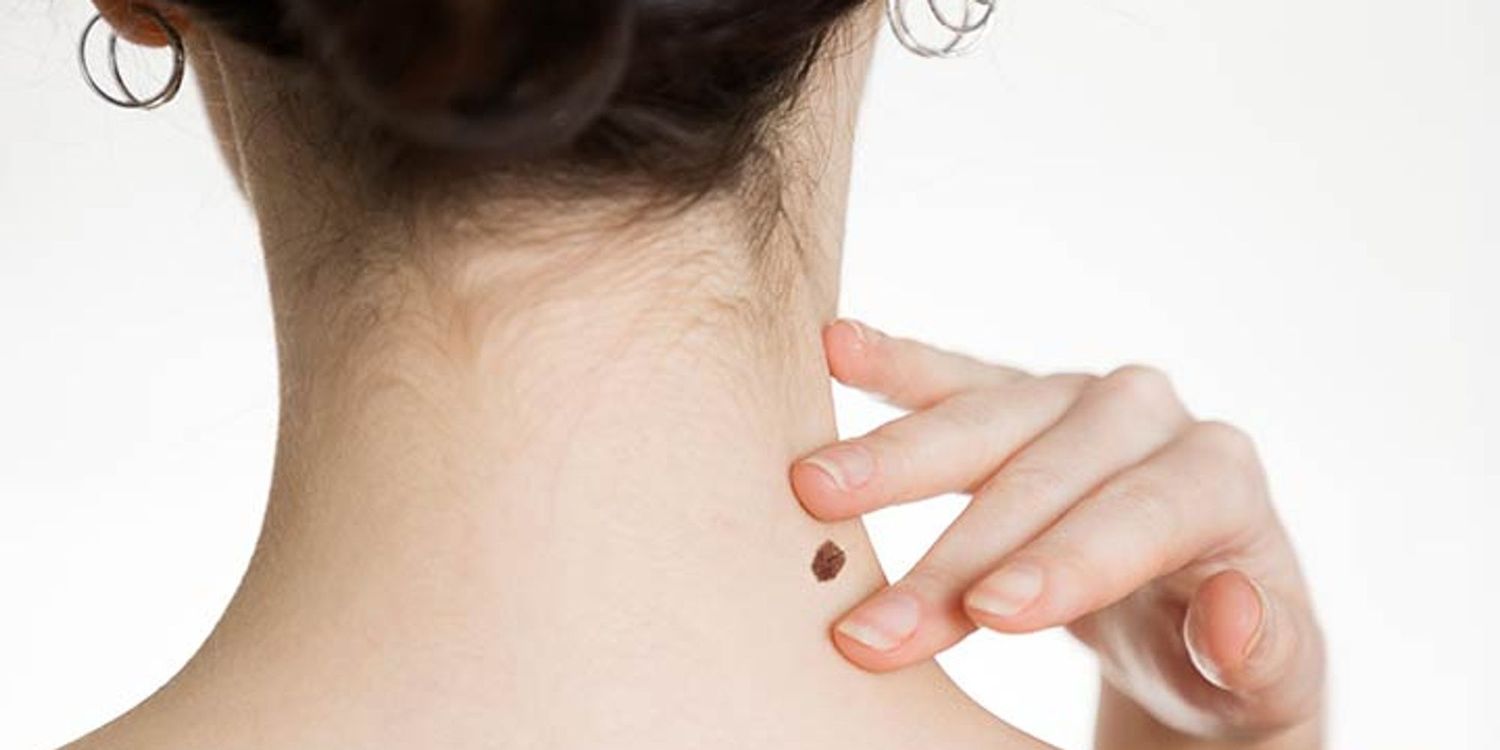26 Mar 2024
Feel free get in touch with us via email or social media.
© UEA. All rights reserved. University of East Anglia, Norwich Research Park, Norwich, Norfolk, NR4 7TJ, UK
The Dermatology Initiative That Could Reduce NHS Wait Lists

Giving GPs cameras to photograph skin complaints could help slash wait times for hospital appointments according to a new service evaluation from the University of East Anglia.
An innovative service involving more than 3,000 patients saw GPs sending high resolution images of skin problems to dermatologists to review.
The results, published today, show that the service led to a faster resolution for patients and prevented many people from having to wait to see a hospital consultant.
Dermatologists were able to reply to over 90 per cent of queries within 36 hours and they responded to all queries in under 72 hours.
Almost two thirds of patients could be treated in primary care, meaning they didn’t have to go onto a long waiting list, typically around 10 months, to see a hospital dermatologist.
But some patients were upgraded to see a consultant urgently - within two weeks.
The team now hope the service will be rolled out across the UK to help treat patients more efficiently and reduce wait times.
Dr Julii Brainard, from UEA’s Norwich Medical School, said: “Patients see their GPs about a range of skin conditions including rashes and spots that have changed in size and shape. In many cases, GPs need to refer patients to dermatologists - but wait lists to be seen can be long.
“We wanted to see if uploading photos and patient history details to a specially designed platform, to be assessed by dermatologists remotely, could help reduce patient waiting times.”
Doctors at surgeries in the Norfolk and Waveney area carried out electronic consultations with hospital dermatologists about skin conditions that would normally be referred as non-urgent.
A special communication platform was created so that the GPs could share high resolution images of the skin area affected along with a patient history to begin a dialogue with consultant colleagues.
Dermatologists could then give a quick diagnosis, ask for more information or agree that they should see the patient in person.
Dr Paul Everden, from UEA’s Norwich Medical School and North Norfolk Primary Care, said: “We monitored what happened to waiting lists to see dermatologists, and satisfaction levels for patients, GPs and the dermatologists.
“Rather than people from having to wait to see a hospital consultant, we found that the service achieved a relatively fast resolution for patients with skin problems.
“This was achieved by giving GPs equipment to create high quality images and making it easy to upload these images and add patient history to a secure messaging platform between GPs and consultant dermatologists.
“Dermatologists were able to meet the project ambition that all queries would be answered in 72 hours.
“Some patients were also upgraded to see a dermatologist urgently, ideally within two weeks. This upgrading was uncommon enough that it didn’t overwhelm the urgent care pathway.
“We ran the programme in 2021-2022 and, at the time the programme was running, dermatology waiting lists elsewhere in England increased at a faster rate than in Norfolk and Waveney.
“This suggests that something different was happening in our trial to help keep dermatology wait list growth down.
“Patients, consultant dermatologists and GPs felt very positive about the service, and GPs also developed skills in identifying benign skin conditions. We were able to identify areas where GP knowledge could be advanced and specific tailored educational meetings were arranged to support continued professional development.
“This evaluation information has been used to maintain the dermatology shared-decision service and explore opportunities to develop a similar GP-consultant dialogue platform for other types of health problems in the region.”
This project was led by the University of East Anglia in collaboration with North Norfolk Primary Care and NHS Norfolk and Waveney Clinical Commissioning Group.
The evaluation was funded by UEA Health and Social Care Partners.
‘Retaining dermatology patients in primary care using dialogues with secondary care: A service evaluation’ is published in the journal Annales de Dermatologie et de Vénéréologie.
Related News & Events
No results, please try changing the filters
Stay up to date
Subscribe to our newsletter to receive news on the latest updates and projects in health and social care research.